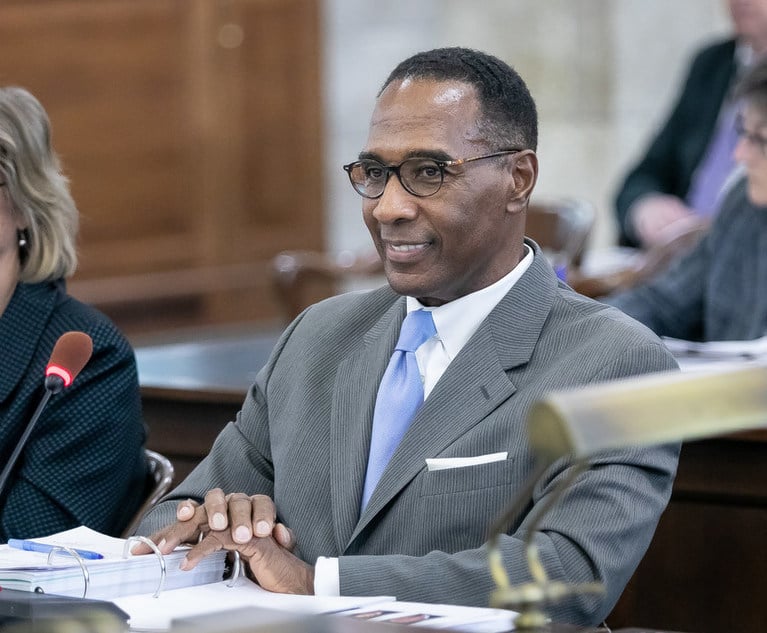Motions for reconsideration in state or federal court generally are discouraged. Court Rule 4:42-2 provides a generous standard—“in the sound discretion of the court in the interest of justice”—but in practice the motion requires a showing of law or facts presented in the motion papers that were overlooked or misapprehended and would result in a different result. Appellate courts sometimes say that it is better for the parties to have plain error corrected at the trial level than to go through the delay and expense of explaining the error to a higher court.
The result in Walsh v. Prospect Eogh, Inc., A-3218-17T2 (App. Div. Nov. 26, 2018) (not for publication), raises the question why the parties did not take advantage of the rule, rather than accept the expense and eight-month delay of an appeal, including appellate argument.







